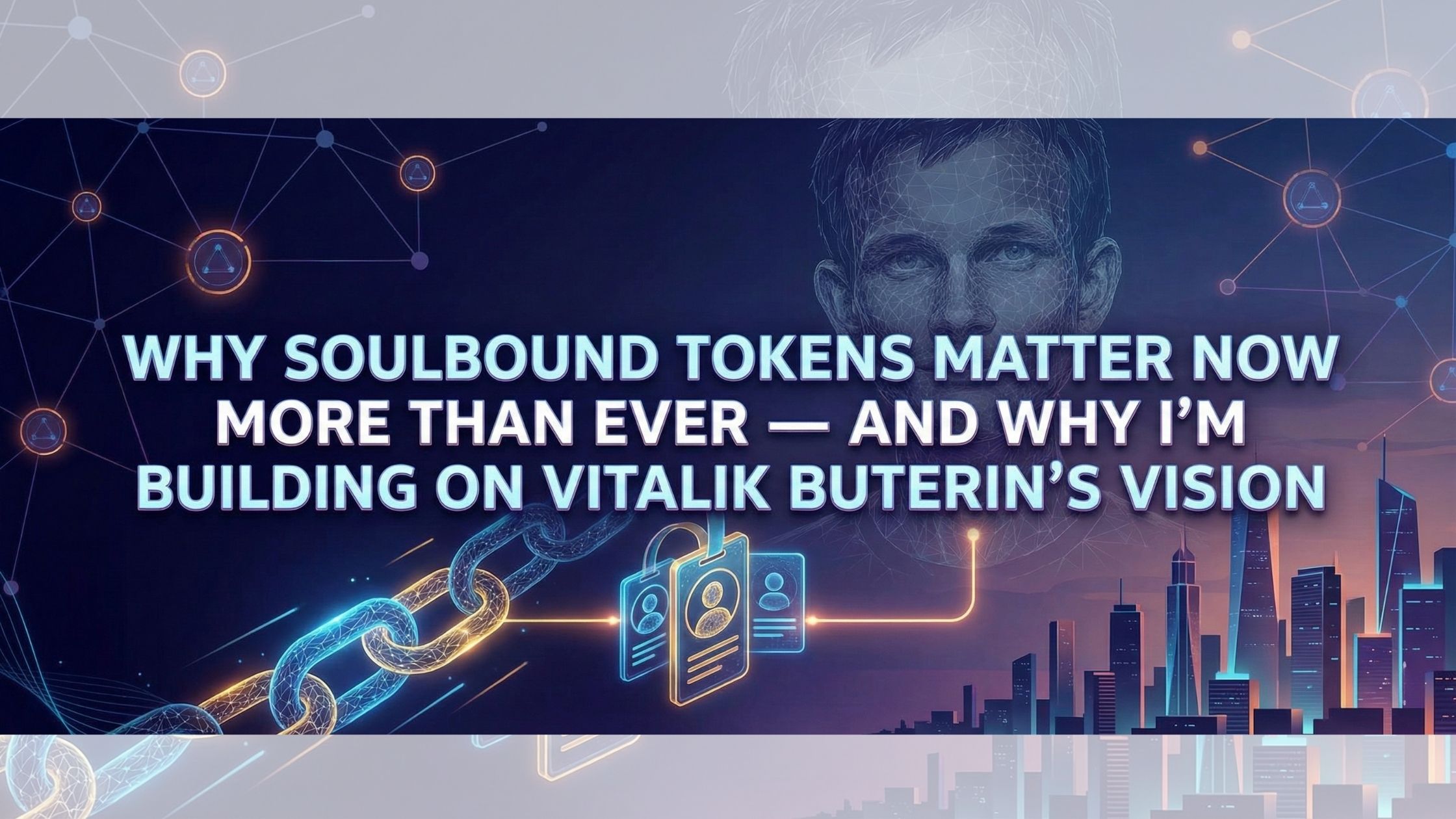Smart Contracts: Code That Keeps Its Promises
You don’t need a lawyer, a notary, or a middleman.
You need a smart contract.
Smart contracts are one of the most powerful concepts to emerge from blockchain technology. They allow two or more parties to make binding, tamper-proof agreements—without needing to trust each other or any third party.
If you’ve heard the term but aren’t sure how it works or why it matters, read on.
What Is a Smart Contract?
A smart contract is a self-executing piece of code stored on a blockchain.
It defines a rule:
“If X happens, then do Y.”
And once deployed, it runs automatically—without any intervention, downtime, or negotiation.
Think of it like a vending machine:
- You put in a token (input)
- You get a drink (output)
- The machine doesn’t care who you are. If the condition is met, the transaction executes.
How Smart Contracts Work
A smart contract is:
- Written in code (languages like Solidity on Ethereum)
- Deployed to the blockchain, where it can’t be altered
- Triggered by inputs (such as wallet transactions, sensor data, or APIs)
- Executed automatically, with the result recorded on-chain
Every contract lives at a specific address on the blockchain. Anyone can inspect it. Anyone can interact with it—if the terms allow.
Examples You Can Understand
Here are some use cases that bring smart contracts to life:
1. Escrow Without a Bank
Alice agrees to pay Bob $500 when a website is delivered.
A smart contract holds the funds. Once both parties confirm the work is complete (or an oracle confirms delivery), it releases payment automatically.
2. Insurance Payouts
A crop insurance policy that pays out if it doesn’t rain for 30 days.
The contract pulls weather data from a trusted API (anoracle). If the condition is met, payment is triggered.
3. Royalties for Creators
Every time a digital artwork is resold, the original creator gets 10%.
That logic is baked into the NFT’s smart contract. It doesn’t depend on platforms or user good will—it’s just how the token works.
Why Smart Contracts Matter
Smart contracts eliminate:
- Middlemen
- Processing delays
- Ambiguity
- Manual enforcement
They create:
- Trustless environments (you don’t need to trust the other party)
- Auditability (everything is recorded on the blockchain)
- Speed (execution is instant when conditions are met)
This makes them ideal for:
- DeFi (Decentralized Finance)
- Supply chain automation
- Real estate transfers
- Voting systems
- Digital identity
Are Smart Contracts Legal?
Smart contracts can be legally binding—but that depends on jurisdiction and how the contract is written.
In many cases, a smart contract enforces the execution, while a traditional legal contract governs the intent. Forward-thinking firms are now combining both.
What Are the Limitations?
No technology is perfect. Here are the main concerns:
- Code is law: If the contract has a bug, it still executes. There's no undo button.
- Lack of legal frameworks: Few courts have clear policies on smart contracts.
- Oracle risk: Many contracts depend on external data feeds. If the oracle is compromised, so is the contract.
- Scalability and cost: On-chain computation (especially on Ethereum) can get expensive during peak usage.
Still, the potential is huge—and developers are already building more secure, flexible, and composable contracts.
Final Thought: The Contract Revolution Has Already Started
Smart contracts flip the traditional idea of agreements onits head.
Instead of writing legalese and hoping everyone follows the rules, you write code—and the blockchain makes sure the rules are followed.
This opens up a future where automation, transparency, and fairness are built into the foundations of the digital economy.
If you're a builder, founder, or investor, now’s the time to ask:
- What part of your business depends on trust or conditional logic?
- Could that be rewritten as a smart contract?
Smart contracts aren’t just tech—they’re infrastructure.
Sources
Zheng, Z., Xie, S., Dai, H. N., Chen, W., Chen, X., Weng,J., & Imran, M. (2020). An overview on smart contracts: Challenges, advances and platforms. Future Generation Computer Systems, 105, 475-491.
Zheng, Z., Xie, S., Dai, H.N., Chen, W., Chen, X., Weng, J., & Imran, M. (2020). An overview on smartcontracts: Challenges, advances and platforms. Future Generation Computer Systems, 105, 475-491.


.png)





















%2520and%2520write%2520reviews%2520of%2520hotels%252C%2520restaurants%2520etc.png)




















%252C%2520or%2520keep%2520their%2520photos%2520private.png)







%2520clips.png)




















































Good Karma for those who comment...